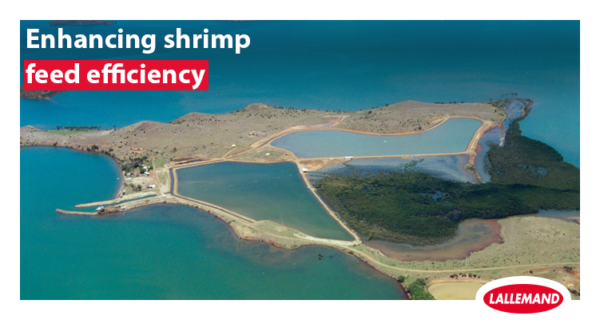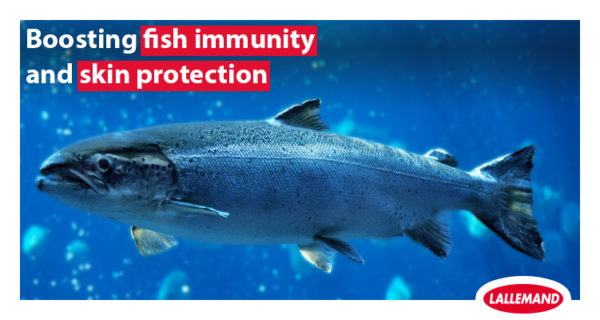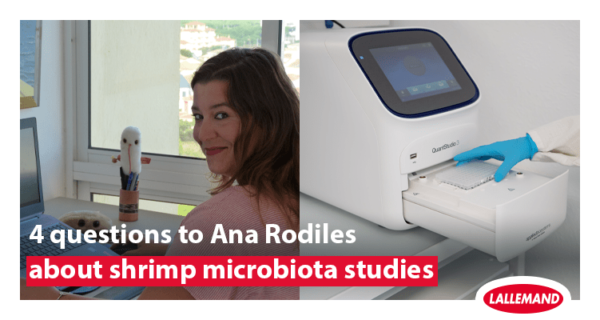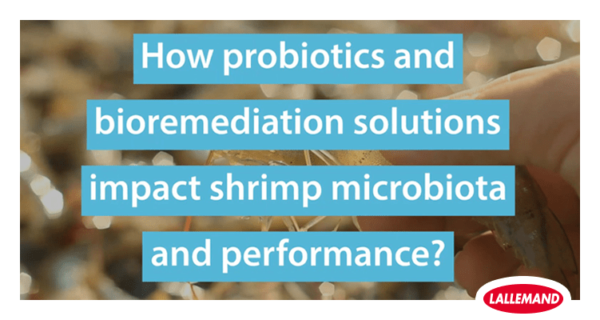Blog | Reading Time 1 minute
Expert’s view – Stéphane Ralite: Microbial ecosystems management in aquaculture
Can you describe briefly Lallemand’s approach to microbial management in shrimp farming?
“As we always do at Lallemand, we took a microbiologist’s approach to shrimp production. Microorganisms play a crucial role in the success of shrimp farming. First, microorganisms in the gut affect productivity through the gut microbiota, which can be addressed with probiotics and specific yeast derivatives proven to improve growth and, more globally, overall performance. Water and pond soil also house microbial ecosystems, which play a crucial role in nutrient utilization and nitrogen recycling. Adding selected bacteria directly into the water (bioremediation approach) improves these ecosystems, resulting in enhanced nitrogen and organic matter cycling in the pond. This has a positive influence on the composition of the water, a prerequisite for optimal performance. I truly believe shrimp microbial management should be a multifactorial approach, involving shrimp nutrition and management, as well as water and pond microbial management.”
What is the reception of these approaches in the market?
“In recent years, awareness of the probiotic concept has advanced significantly across the aquaculture sector. However, the importance of selecting high quality microbial products with a guaranteed composition, level of specification, and proof of safety is often underestimated at the farm level. In Asia, shrimp farmers have long seen the benefits of integrating bioremediation bacteria. The understanding of the mechanisms that regulate the microbial population in a shrimp pond, and how to harness them, still needs more research. I am convinced that bioremediation potential is still largely untapped. It is a very promising area of research, and new OMICS technologies, for example, can help us decipher complex microbial interactions.”
Published Jul 30, 2019
Related articles
Need specific information?
Talk to an expert


